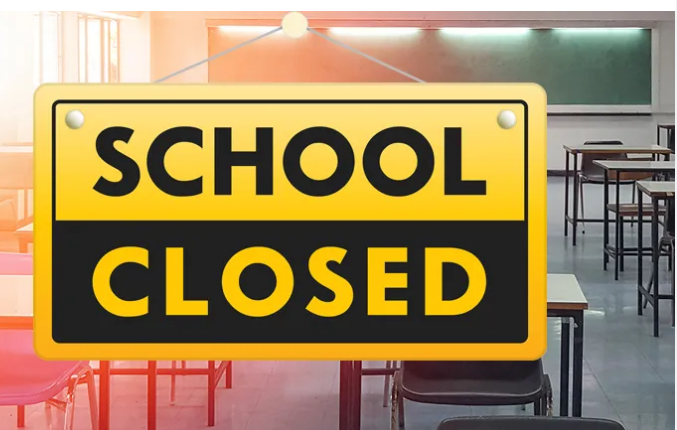The onset of winter in North Texas brought with it a significant drop in temperatures, leading to a series of responses aimed at ensuring community safety. Among the most noticeable of these was the closure of schools across various districts due to the anticipated icy conditions. This article examines the extent of the school closures, the impact on community safety, and the proactive measures taken by local authorities in response to the frigid weather conditions.
The Extent of School Closures
In anticipation of the freezing weather, numerous school districts in North Texas announced closures. Among them were Arlington ISD, Dallas ISD, and Texas Christian University, signaling a broad response across the region. The closures were a preemptive measure to ensure the safety of students and staff amidst concerns about hazardous road conditions and severe cold.

Weather Forecasts and Preparations
Meteorologists had forecasted sub-freezing temperatures, raising the likelihood of icy roads and sidewalks. In response, school administrations, prioritizing safety, made early decisions to close. This allowed parents and guardians to make necessary arrangements for the care of their children during the school day.
Impact on Road Conditions
The cold wave significantly impacted road conditions in North Texas. The prospect of icy roads poses a serious risk for accidents and delays. In response, local transportation departments deployed resources to salt and sand the roads, aiming to reduce the risk of ice formation and improve traction for vehicles. Despite these efforts, authorities advised against non-essential travel, urging residents to exercise caution.
Community Safety Measures
Beyond the roadways, the frigid temperatures posed broader challenges to community safety. Local authorities and community organizations ramped up efforts to provide shelters and warm places for the homeless and those without adequate heating in their homes. Emergency services were placed on high alert to respond to any weather-related incidents swiftly.
School Administration Responses
School administrations faced the challenge of ensuring educational continuity despite the closures. Many districts employed remote learning protocols, leveraging technology to minimize disruption to the academic calendar. Teachers and staff adapted quickly, providing online instruction and resources for students to continue their learning from home.
Parental and Guardian Perspectives
For parents and guardians, the school closures presented both challenges and reliefs. While some struggled with arranging last-minute childcare or adjusting work schedules, others appreciated the caution exercised by the school districts in prioritizing student safety.
Economic and Social Impacts
The school closures, while necessary, also had economic and social implications. Parents who couldn’t work from home or lacked childcare options faced difficult choices. Moreover, for many students, especially those dependent on school for meals and a safe environment, closures can mean more than just a day off from academics.
Long-Term Preparations
In light of the increasing frequency of extreme weather events, this incident raises questions about long-term preparedness. School districts and local governments are now considering more robust plans to handle similar situations in the future, including improved infrastructure, more flexible learning arrangements, and enhanced emergency response protocols.
Read More:
- New Jersey Battles New COVID Variant JN.1 with Unusual Symptoms
- Tri-State New York, New Jersey, And Connecticut Area’s Winter Wonderland: A Tale of Diverse Snow TotalsTexas Man Arrested for Stalking Global Icon Shakira Outside Her El Paso Home
The school closures in North Texas in response to the winter chill highlight a community-oriented approach to dealing with extreme weather conditions. The combined efforts of school districts, local authorities, and the community at large played a crucial role in ensuring safety and minimizing disruption. While the immediate response was effective, this event underscores the need for ongoing preparedness and adaptability in the face of increasingly unpredictable weather patterns. As North Texas recovers from this cold snap, the lessons learned will be invaluable in shaping future responses to similar challenges.

